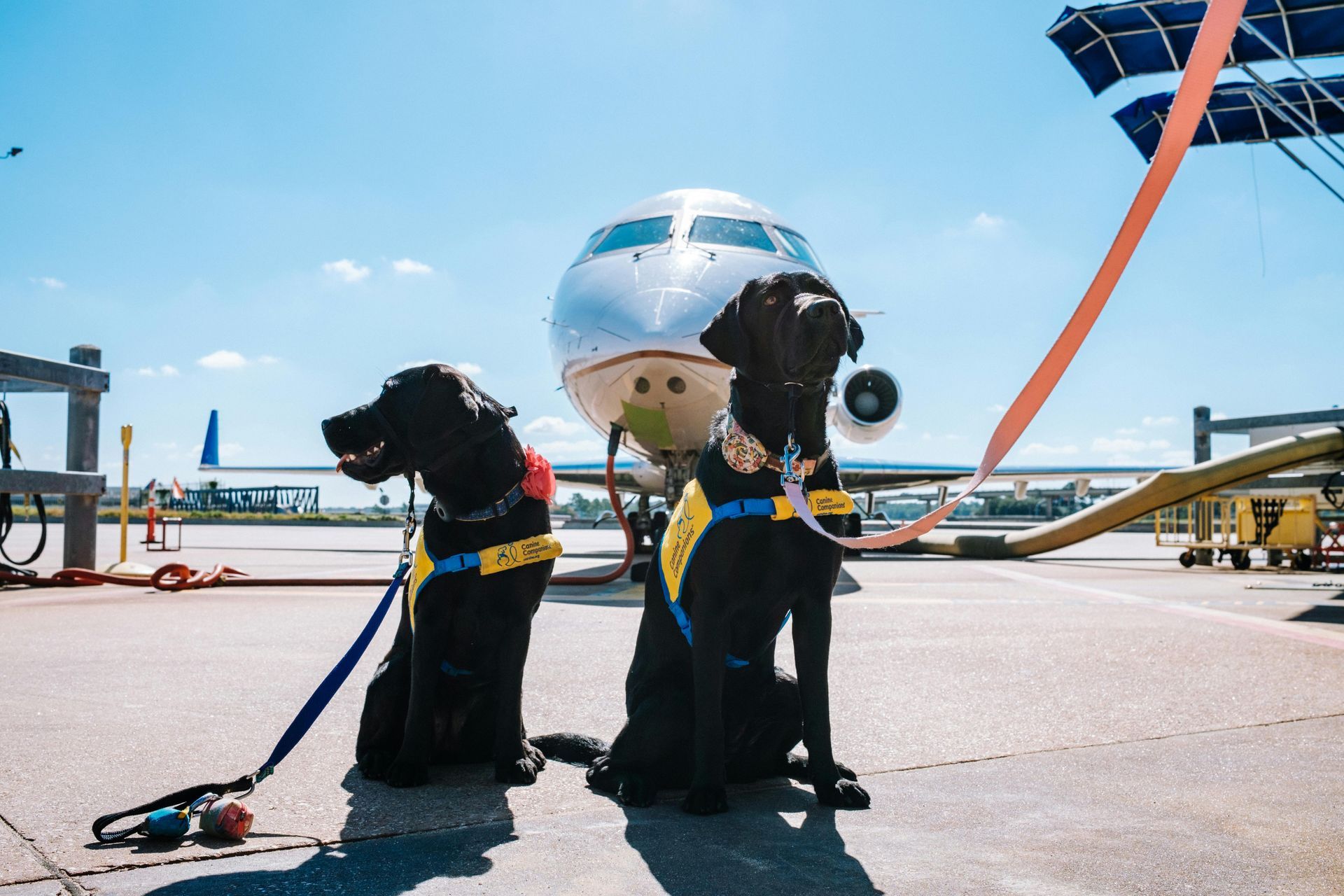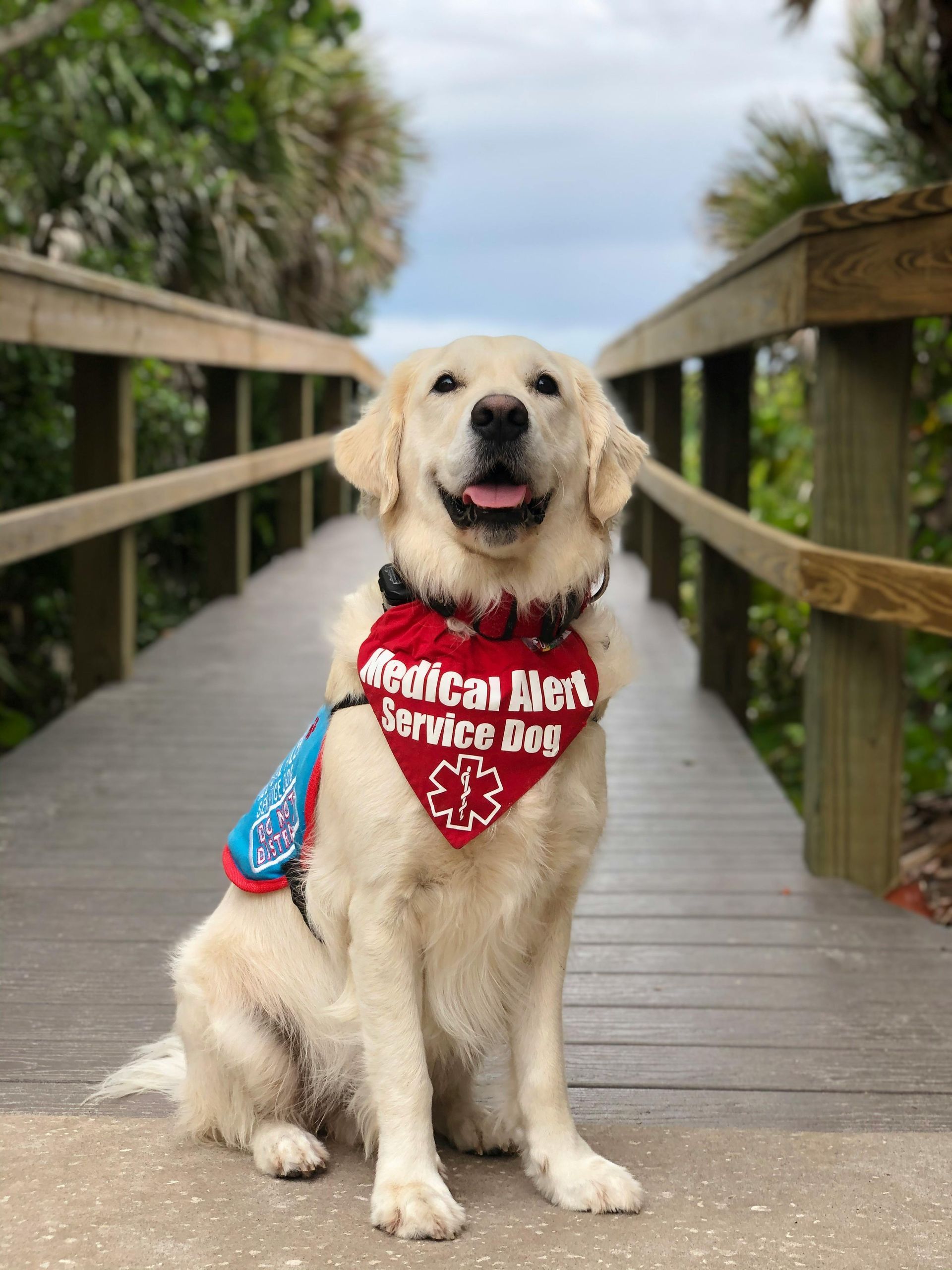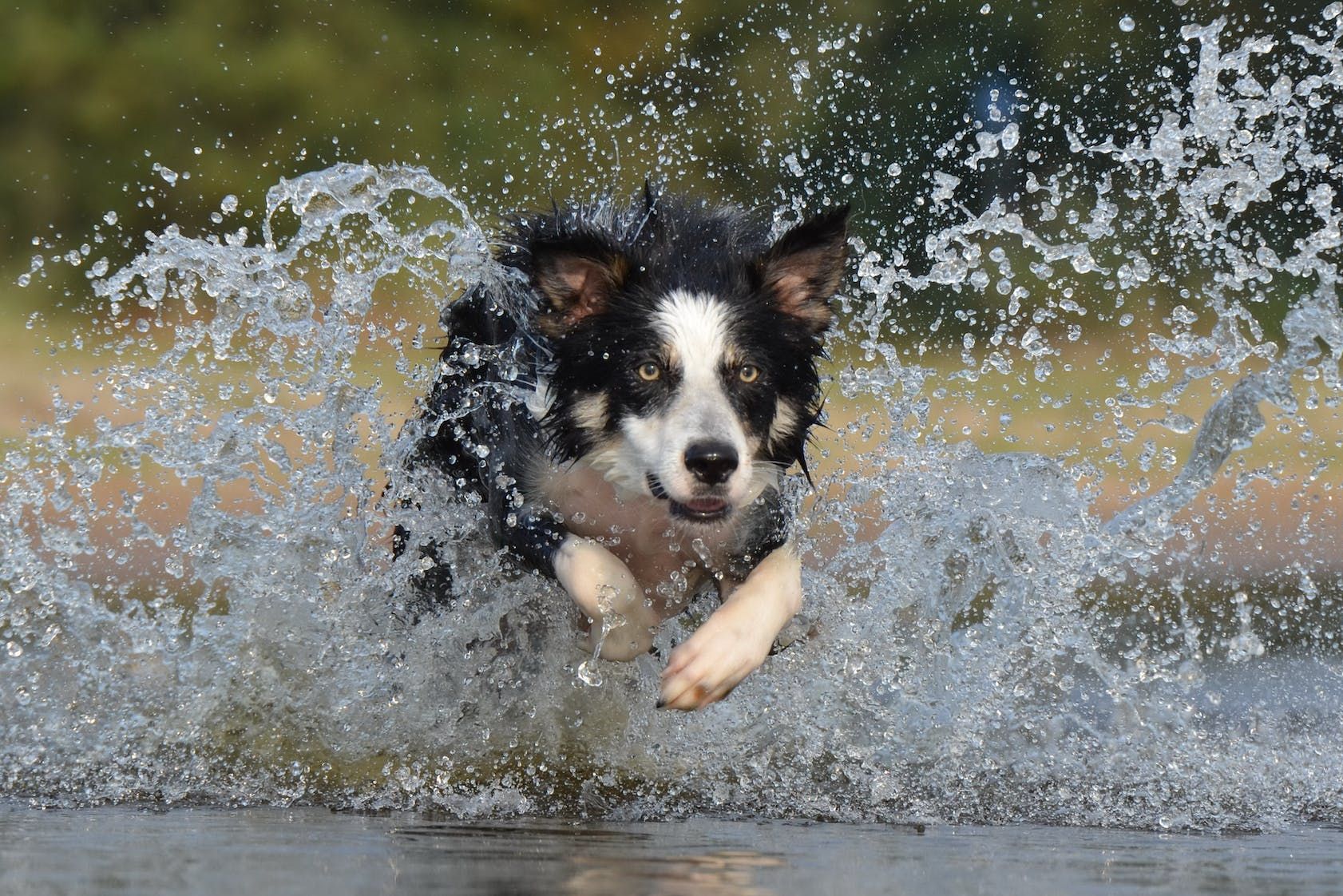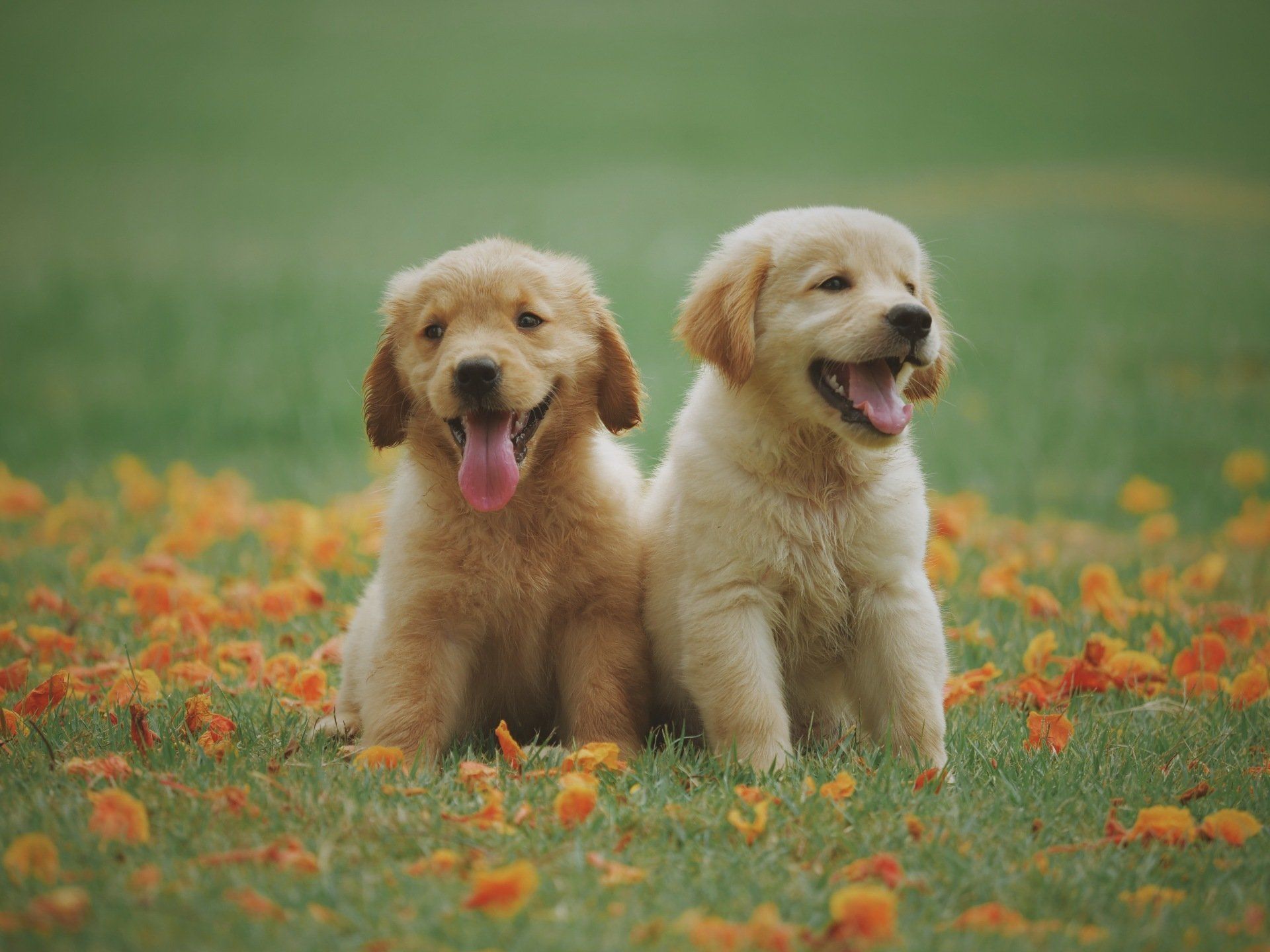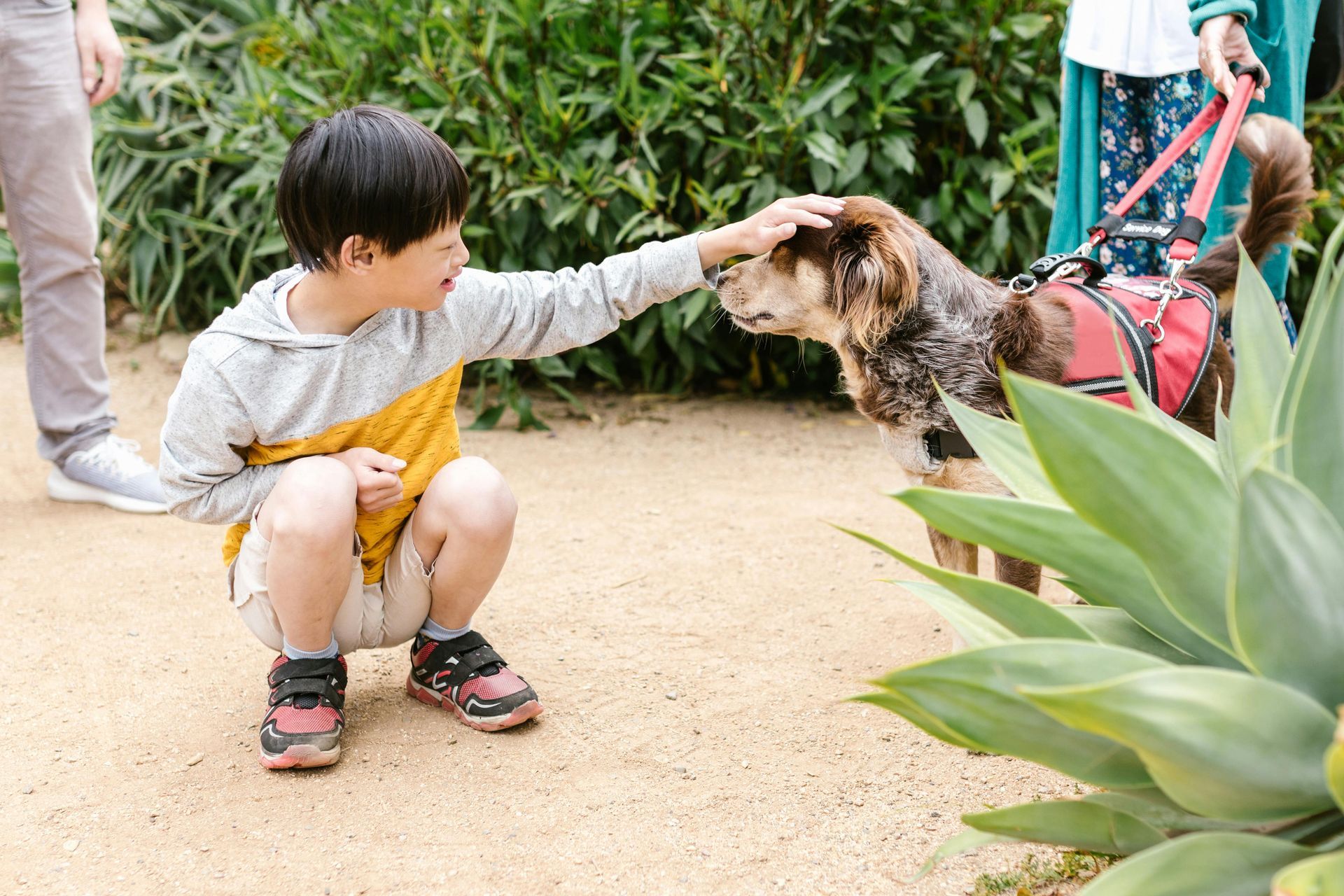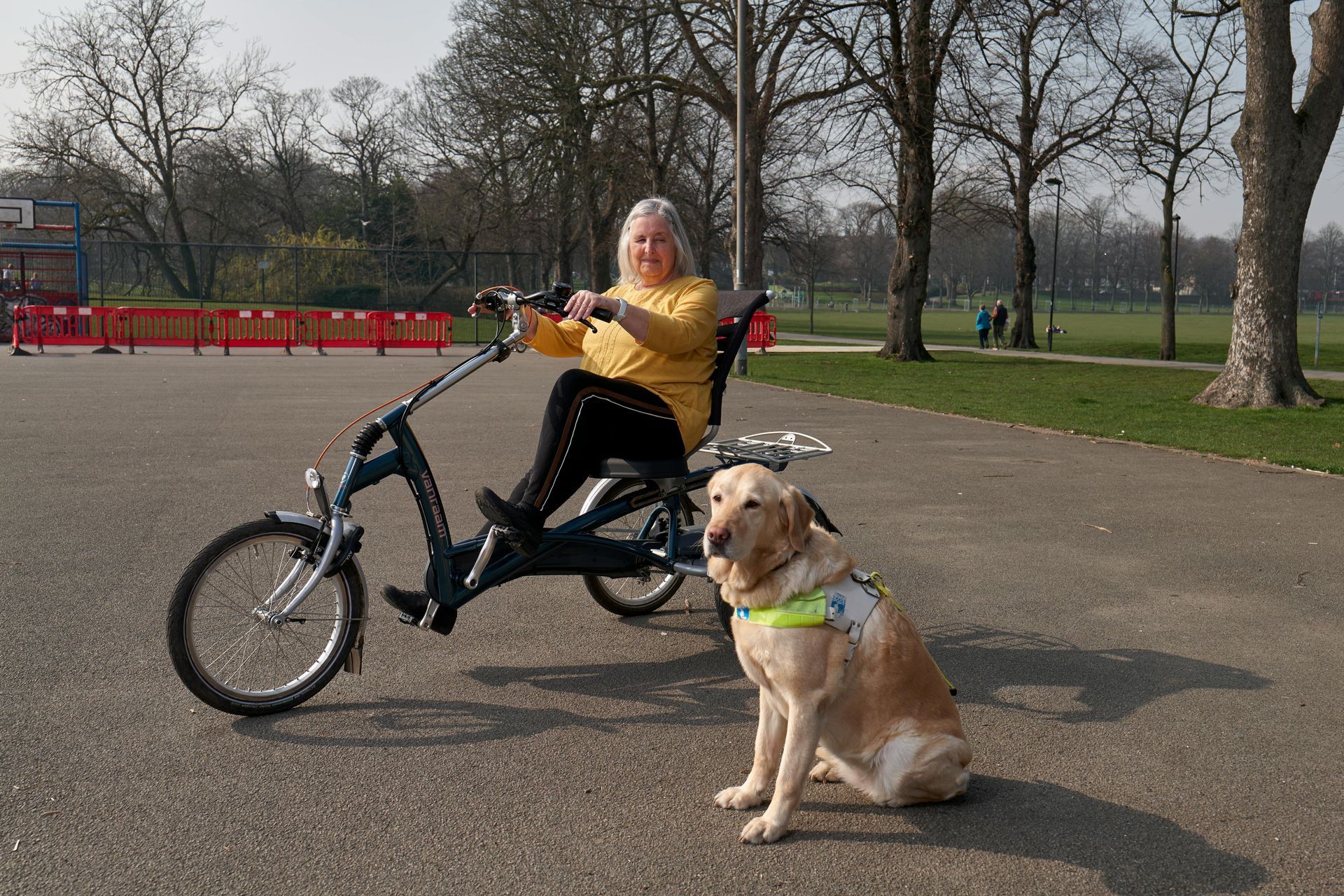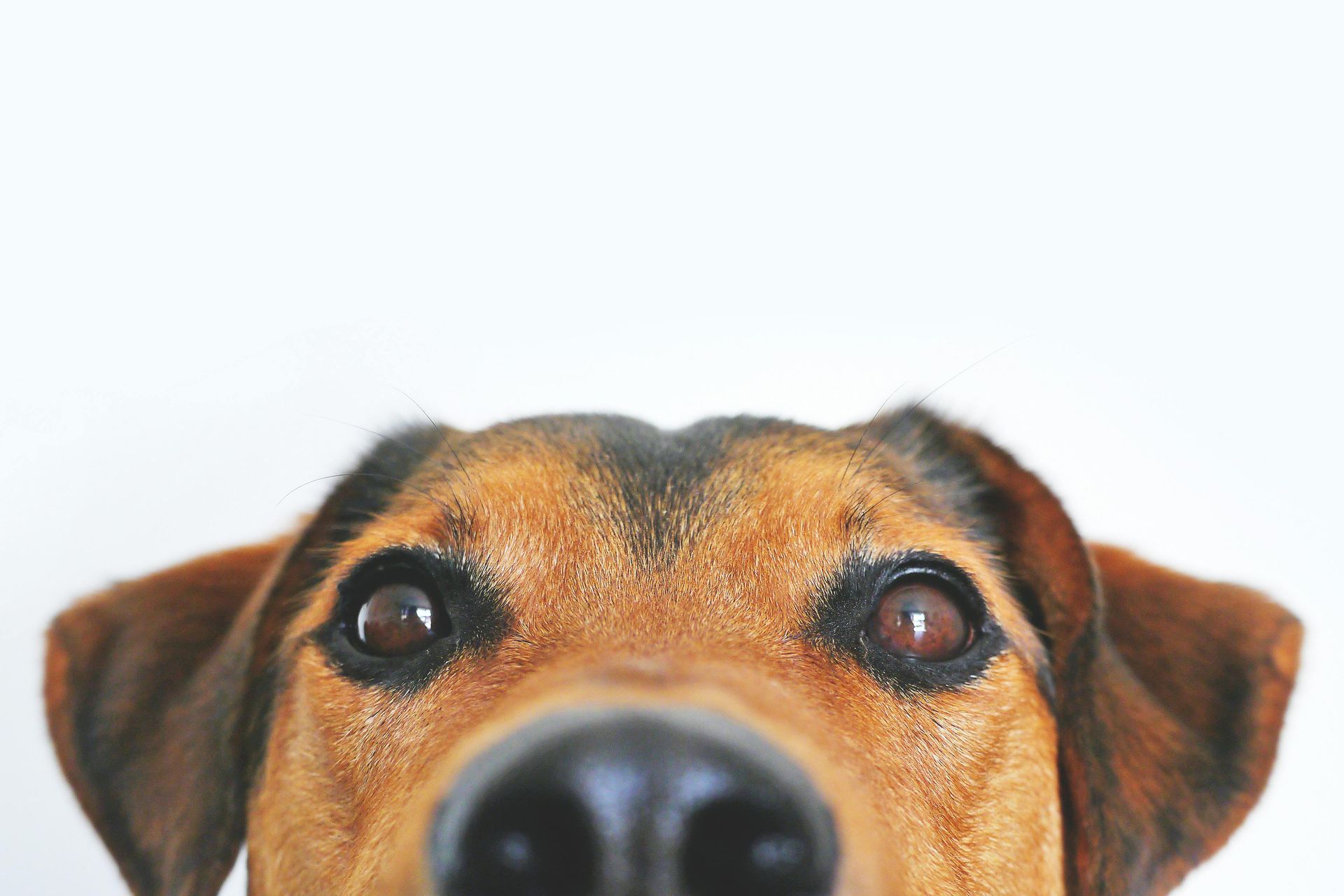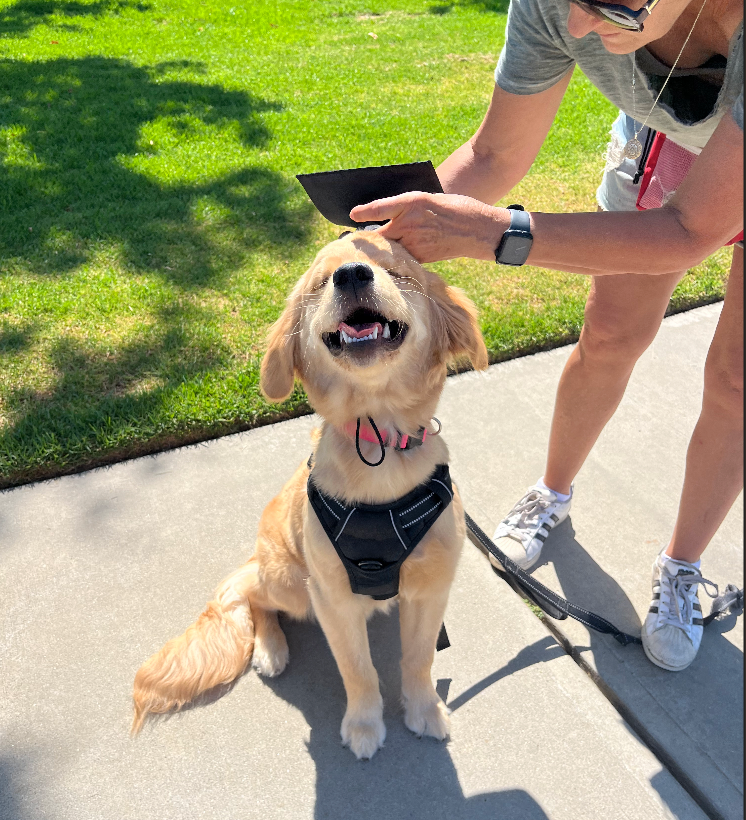By Kaiden Leard
•
December 7, 2024
Choosing the right dog for service work is a big decision. It goes beyond simply picking a cute face—it’s about finding a dog whose natural instincts, energy levels, and physical requirements align with your lifestyle and the service tasks at hand. Let’s dive into the key factors that will make all the difference: genetics, energy, and exercise needs. Genetics: Why It’s So Important Genetics play a huge role in a dog’s behavior. Every breed has been specifically bred for a purpose, and those instincts don’t just disappear when you bring the dog home. This is why considering a breed’s natural traits is so crucial. Some instincts work in your favor, while others might make training more challenging. For example, German Shepherds are naturally protective, bred for guarding. While this makes them excellent working dogs, their protective instinct can be a challenge in public settings. A German Shepherd may feel the need to guard you in crowded places, requiring additional training to manage this behavior. You’ll need to actively train and redirect this natural instinct, which can double the work involved. Similarly, hounds are bred to track scents, making them naturally independent and focused on following their noses. While this drive to sniff and track is great for scent detection, it can be tough to redirect. Training them to focus on you rather than distractions in the environment can be a constant challenge. When choosing a breed, think about the genetics that will either complement or complicate your training goals. Understanding these traits upfront will help you avoid frustration down the road. Energy Levels: Finding the Right Fit for Your Lifestyle Another key factor is the dog’s energy levels. A dog’s physical and mental exercise needs must align with your ability to meet them. You can build a dog’s stamina, but you can’t change their basic energy needs. For example, English Labradors are known for their low/moderate energy. They'll be content with a few easy walks. However, you can still go on 5 mile hike with them. They can be content with low/moderate physical activity and still be capable of more intense exercise when you’re up for it. This makes them a flexible choice, able to handle both low-key days and more active ones. On the other hand, Border Collies have a very high energy drive. They need daily intense exercise—think 10 mile walks or hikes, an hour of fetch, and even more mental stimulation like puzzles and training. A quick walk won’t cut it. Without enough physical and mental stimulation, they can become anxious, restless, and difficult to manage. If you can’t meet their energy needs every day, their behavior will suffer. So, when selecting a service dog, consider what you can realistically provide. Think not only about your good days but also your bad days. Can you handle their exercise needs when you’re feeling drained, sick, or tired? Choosing a dog whose energy level aligns with your own will help prevent burnout and frustration for both of you. Physical vs. Mental Energy: Understanding Your Dog’s Needs When it comes to energy, it’s important to understand that there are two kinds of energy: physical and mental. Some dogs require intense physical activity to stay happy, while others thrive on mental challenges like training or problem-solving. Physically Active Breeds: Breeds like Vizslas, Dalmatians, and Huskies have a high drive for physical exercise. These dogs need to run or engage in high-intensity physical activities regularly. If their need for physical activity isn’t met, they can become frustrated, anxious, reactive, and even destructive. They’re best suited for owners who enjoy outdoor activities and can commit to long runs or hikes easily . These dogs rarely due well in service work as the majority of the job is laying around! Mentally Stimulated Breeds: Breeds like Poodles require less physical exercise than your average dog but excel at mental stimulation. While they still need daily walks and playtime, their true satisfaction comes from tasks that engage their minds. Whether it’s training, puzzle toys, or problem-solving, these dogs can be worn out just as effectively through mental stimulation as others are through physical exercise. Understanding the kind of energy your dog needs—physical or mental—will help you choose a breed that fits with your own lifestyle and preferences. The Fab Four: Breeds That Excel in Service Work Now, let’s take a closer look at some of the top breeds for service work, often referred to as the “Fab Four.” These breeds are known for excelling in service tasks (and for a good reason!), but each comes with its own pros and cons. 1. Poodles (Standard Poodles, especially) Pros: Poodles are known for their intelligence, eagerness to please, and high trainability. They are versatile dogs, excelling in a wide range of roles, including service dog work. They come in various energy levels, making them adaptable to different lifestyles. Poodles are also hypoallergenic, which makes them a great option for people with allergies. They are very handler-focused and thrive in environments where they can bond closely with their owners. Cons: Poodles require a lot of mental stimulation, such as puzzles or structured training, to stay engaged. While this makes them excellent candidates for service work, they can be sensitive and need a breeder who focuses on breeding for temperament and confidence. Poodles prefer to work in partnership with their handler rather than independently, so they need a handler who is patient and gentle. It's important to establish a bond based on mutual respect, as they may not respond well to harsh or overly authoritative training methods. 2. Collies Pros: Collies are known for their gentle, calm, and obedient nature. They are also highly intelligent and eager to work, making them great for service dog roles. Collies are excellent problem-solvers and adaptable to a variety of tasks, making them a top choice for owners seeking a dog that can perform multiple service duties. They are also one of the larger breeds, which is ideal for tasks requiring strength or size. Cons: Collies can be reserved or shy around strangers, so early socialization is essential to ensure they are comfortable in various environments. While they are great at problem-solving, they require consistent mental engagement and regular physical exercise. Collies also shed heavily, similar to German Shepherds, and need frequent grooming to manage their coats. 3. Labrador Retrievers Pros: Labrador Retrievers are friendly, easygoing, and eager to please, making them excellent service dogs for various roles, including mobility assistance and medical alert tasks. Labs are known for their calm demeanor and happy-go-lucky personality. They are confident dogs that are also forgiving in their training, making them an ideal choice for service work. Their sturdy build and balanced temperament make them versatile and resilient. Cons: Some lines of Labrador Retrievers can have high energy levels and require significant exercise to keep them mentally and physically satisfied. It's important to select a breeder that focuses on the temperament that matches your lifestyle, as some Labs may be overly excitable without the proper training. Labs are also prone to pulling, especially if they aren't trained to walk politely on a leash. However, calmer lines are available, so choosing the right fit for your needs is crucial. 4. Golden Retrievers Pros: Golden Retrievers are known for their friendly, loyal, and reliable nature. They are easy to train and have a calm, composed presence, making them excellent in public spaces and service dog roles. Their intuitive connection with their owners and willingness to please makes them a top choice for families and service work alike. Golden Retrievers are also adaptable and often thrive in a variety of environments. Cons: Like Labs, Golden Retrievers require regular exercise to maintain a healthy weight and energy level. They are prone to anxiety and can be sensitive to their surroundings, so choosing the right breeder and early socialization are important. Goldens can also be a bit "slow" in certain situations and may need extra patience during training. Additionally, they require extensive grooming to manage their thick coats. Golden Retrievers come in both high-energy and low-energy varieties, so it's essential to find one that fits your lifestyle. Other Breeds Worth Considering While the Fab Four are popular choices, there are a few other breeds worth considering for service work. These breeds may not be as common, but with the right temperament and training, they can excel in service roles: Cavalier King Charles Spaniel: Affectionate and calm, making them ideal psychiatric tasks. They are on the smaller side which is great for those wanting a small service dog. Great Danes: Great Danes are typically relaxed and strong! Great Danes are common for service work because of their size but they do have a shorter health span and finding a breeder who breeds for service work can be a difficult task. German Shepherds: German shepherds are smart and focused! They are a common choice for service work as they are naturally smart and willing to please. However, German Shepherds are also the most common breed to flunk out of service work. They are prone to hip issues, anxiety, reactivity, and aggression. Finding the right breeder is CRUCIAL for a German Shepherd. Choosing the right breed for service work is crucial, but it's only part of the equation. It's just as important to pick the right breeder and, ultimately, the right dog from that litter. Genetics, energy levels, and exercise needs all play a key role in a dog’s ability to excel in service roles, but these traits are further influenced by the breeder’s practices. A reputable breeder ensures that the puppies are raised in a way that promotes socialization, health, and temperament, which will affect how well the dog can handle the demands of service work. Not every dog from the same litter will have the same temperament, so selecting the right puppy is just as important as choosing the right breed. Some dogs may naturally be more confident, calm, or focused, while others may be more shy or independent. It's essential to match the right dog's personality with your specific service needs and lifestyle. By carefully selecting both the breed and the right puppy from a well-regarded breeder, you can set yourself and your service dog up for success. Remember, while genetics play a significant role, with the right training and dedication, you can work with your dog’s natural instincts and shape their behavior to fit your goals. And as for energy—stamina can be built over time, but you can’t change a dog’s inherent drive, so make sure their energy level matches your lifestyle, even on your off days. Choosing wisely, both in terms of breed and individual dog, is the key to a successful and thriving partnership with your service dog.


